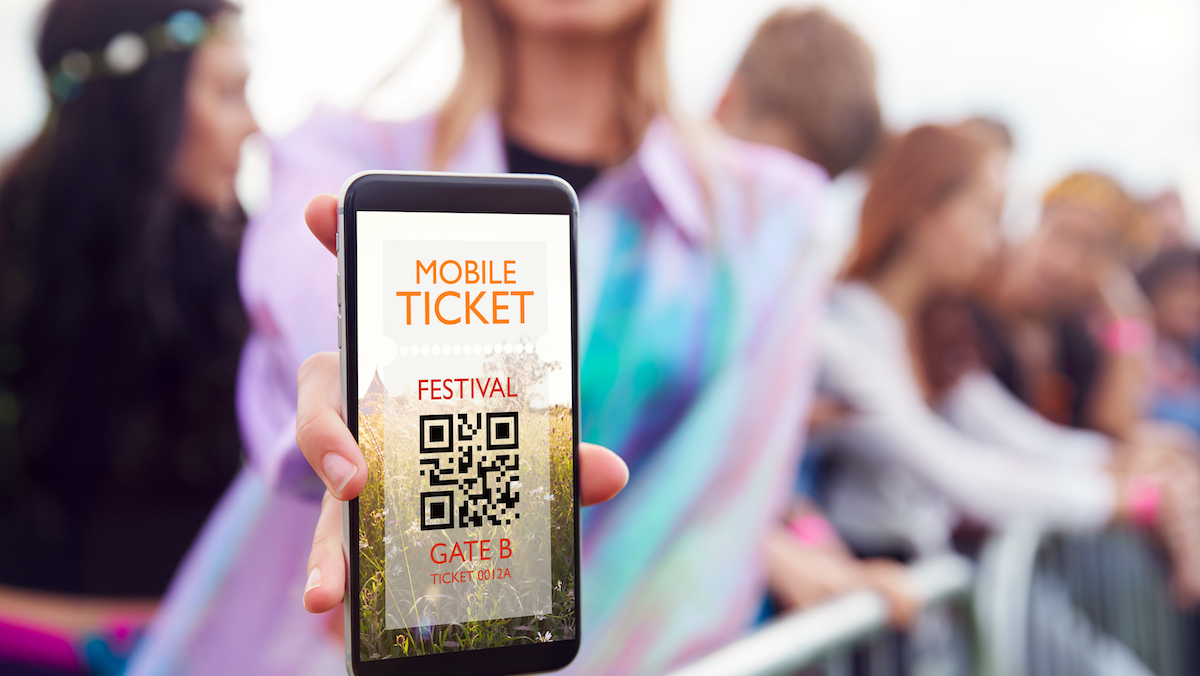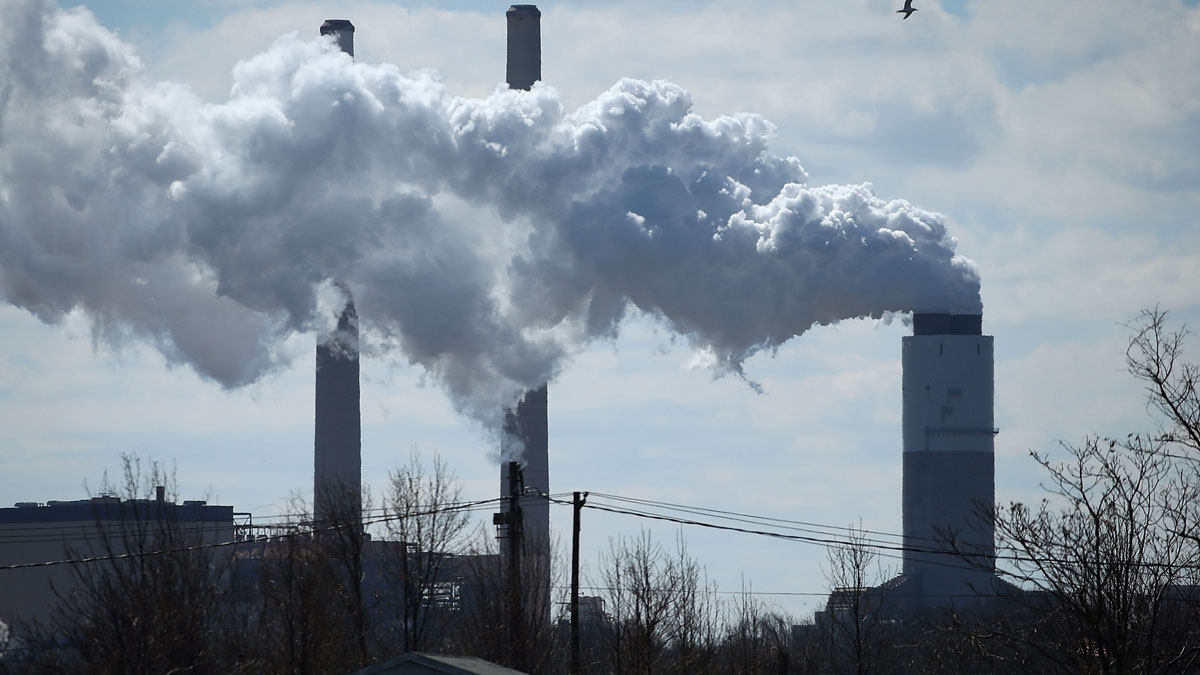The results of a historic vote on whether Northwestern University football players would form the nation's first union for college athletes could take months to be released, a university spokesman said Friday afternoon.
The ballots, used in a pair of voting sessions earlier in the day, have been impounded by the National Labor Relations Board and won't even be counted until after an appeal process -- and potential court battle -- has run its course, said Alan K. Cubbage, the school's vice president for university relations.
The full National Labor Relations Board agreed Thursday to hear the school's appeal of a regional director's March ruling that the players are employees and as such can unionize.
Supporters of the effort say a union would help college athletes obtain better compensation, medical care for injuries and other benefits. The NCAA this endorsed a plan this week that would give big schools like Northwestern more autonomy to address such issues for its athletes.
But while university officials oppose the players' move to unionize, Cubbage said they're "proud" that Northwestern students raised the issue.
"It's an important issue," said Cubbage. "There are important national issues being discussed here, and we are hopeful that this discussion is going to continue."
Reporters earlier in the day were kept away from the players as they entered a campus building to cast their secret ballots. Some waved and another busted out dance moves.
"You got to give the people what they want!" one player shouted.
None of the players participating in an early round of voting stopped to talk with reporters, but the excitement of some was evident as they waved or thrust their arms into the air in view of TV news cameras.
Cheering them on was Fred Massey, a former high school basketball coach from Detroit who is now an advocate for student-athletes.
"These kids are afraid to rock the boat because as athletes ... that big dream of the NFL and the NBA is being dangled in front of them with all the millions of dollars," he said.
Sophomore Michael Odom, 20, said he quit the team a couple months ago because playing football took up too much time from his studies. Though he wasn't eligible to vote, he called a union "long overdue" and had heard from his former teammates they felt pressured to vote against it.
"I don't know if intimidation is the word I'd use. I think that's a little strong. I know a lot of my teammates have been influenced by former players as well as coaches and officials at the university," Odom said, adding that parents got emails from university officials urging them to press their children to vote no.
Cubbage said the university strictly adhered to guidlines outlined by the NLRB and vehemently denied accusations of unfair labor practices during the election campaign.
"That simply is not the case. It's just not true," he said.
U.S. & World
Last month's decision by NLRB official Peter Ohr sent shockwaves through college sports, prompting criticism from the NCAA, Northwestern and athletic departments nationwide. While the ruling would apply only to private universities -- they are subject to federal labor law while public schools are under state law -- many saw the decision as a first step toward the end of the traditional "student-athlete" era.
The 76 scholarship football players eligible to cast ballots know the spotlight is on them, said Ramogi Huma, president of the College Athletes Players Association, which would represent the players at the bargaining table if the pro-union side prevails.
Some of the pressure the players feel stems from dire Northwestern claims about the consequences of unionization, Huma said Thursday.
"They're looking at anything and everything to invoke fear in the players," said Huma, a former UCLA linebacker. "We feel like some of the tactics are scare tactics."
Northwestern, which was required by law to let the vote proceed, denied applying undue pressure. It did send a 21-page question-and-answer document to the players outlining the problems with forming a union. In it, Northwestern said it hoped unionization would not lead to player strikes in the event of a dispute — but that if it did, replacement players could be brought in to cross picket lines.
"The tension created in such a situation would be unprecedented and not in anyone's best interest," it said.
The school also said "us vs. them" divisions could emerge between scholarship players eligible for union membership and walk-ons, coaches and staff.
Huma said Northwestern seemed to be intentionally misconstruing the facts, and said the school's "subliminal messages" included the suggestion that a "yes" vote could throw their amateur status into question.
Northwestern did not release the document publicly, but The Associated Press obtained a copy and the school verified its authenticity. Alan K. Cubbage, the school's vice president for university relations, dismissed Huma's suggestion that the school was using scare tactics.
"I would say strongly that Northwestern has conducted an election campaign ... according to the procedures and the rules of the NLRB," he said.
When outgoing Northwestern quarterback Kain Colter announced in January that he would lead the drive to unionize, helped by CAPA and the United Steelworkers, he said nearly all of his fellow teammates were behind him.
Trevor Siemian, who is expected to replace Colter as the starting quarterback, has said he will vote against a union.
"I'll say there's a significant number of guys on the team who feel the same as me," Siemian said this month.
Safety Davion Fleming said he doesn't support unionization but can't vote because his eligibility is exhausted. After weeks of both sides vying for votes, Fleming said he detects a common sentiment among players.
"They just want this to be over -- and to focus on football," he said.
The Associated Press' Jason Keyser and Michael Tarm contributed to this report.



